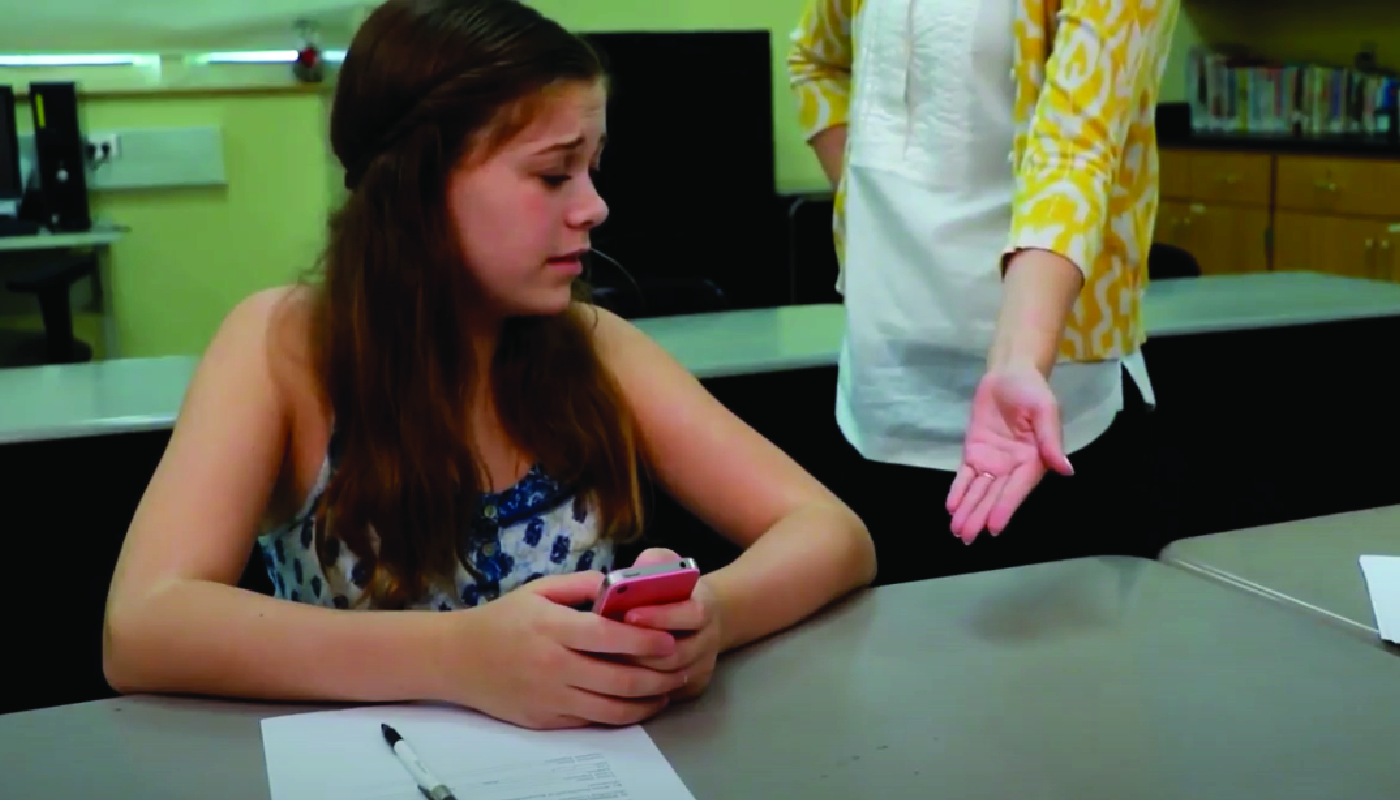Understanding and accepting consequences is a crucial life skill for all individuals, particularly students in special education. This blog post will explore the concept of consequences, provide a no-prep activity for educators, suggest discussion questions, and mention related skills that can further enhance students’ social-emotional learning.
Introduction
A consequence is something that happens after a behavior, and it can be either positive or negative. When students engage in positive behaviors, such as giving compliments or helping others, they experience positive consequences like feelings of happiness and positive impressions from their peers. On the other hand, negative behaviors like misbehaving in school can lead to negative consequences, like getting in trouble. It’s essential for students to learn how to accept these consequences, even when they feel bad, and to stay calm and listen to the feedback they receive.
No-Prep Activity
The “Consequence Charades” activity is an engaging and interactive way for students to practice understanding and accepting consequences. This activity requires no preparation or materials from the educator. Here’s how it works:
- Divide students into small groups.
- Assign each group a list of positive and negative behaviors.
- Students in each group take turns acting out the assigned behaviors without speaking.
- The rest of the group must guess the behavior and identify a possible consequence for that behavior.
- Discuss the consequences as a class and emphasize the importance of accepting them, regardless of whether they are positive or negative.
Discussion Questions
- Why is it important to understand and accept consequences for our actions?
- How can accepting negative consequences help us grow and learn?
- What strategies can we use to stay calm and listen when faced with negative consequences?
- How do our actions and their consequences affect others around us?
- Can you think of a time when you experienced a negative consequence and learned from it? What happened, and how did you respond?
Related Skills
Enhancing students’ understanding of consequences is just one aspect of social-emotional learning. Other relevant skills for students in special education include:
- Empathy: Understanding and sharing the feelings of others.
- Self-awareness: Recognizing one’s own emotions, strengths, and weaknesses.
- Problem-solving: Identifying and resolving conflicts or challenges.
- Self-regulation: Managing one’s emotions and behaviors.
- Communication: Effectively expressing oneself and understanding others.
Next Steps
Developing students’ ability to accept consequences is a vital part of their social-emotional learning journey. If you’re interested in exploring more activities and resources to support your students, sign up for free samples of skill-based materials at Everyday Speech. These resources can help you create a more engaging and supportive learning environment for your students in special education.






